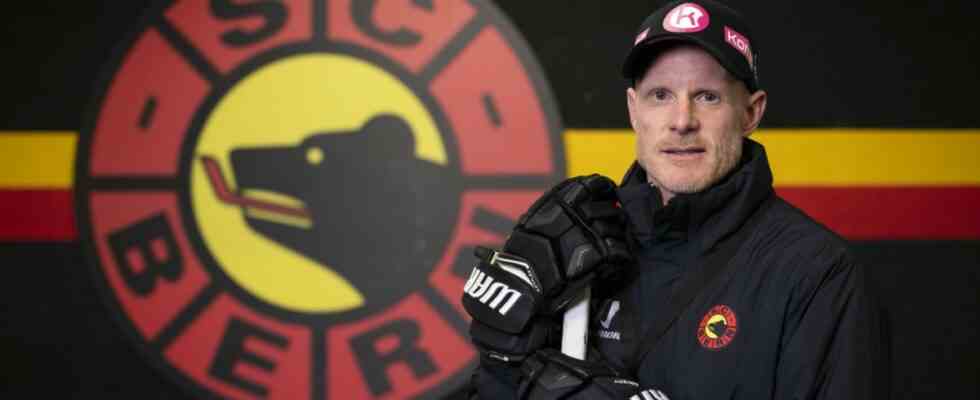One of the German TV products to which the term “cult” is attached is the motley series “Space Patrol” shot in black and white in 1966 about “The Fantastic Adventures of the Spaceship Orion” (subtitles), his fight against the Frogs and other interstellar meanies. Its cult status was founded on neologisms such as “backfall” (the crew’s journey home to earth) and the sovereignty of the makers to improvise over technical defects: plastic cups wrapped in aluminum foil, shower heads and even an iron represented the instruments on the dashboard, and if there was one hit on the ship, the actors staggered on command through the cockpit scenery (they had started with the comrades on US television nine days earlier Enterprise mean). Oliver Storz, one of the authors, was initially so ashamed that he only wanted to appear in the credits under a pseudonym.
Nevertheless, Storz then became one of the most respected German post-war directors, one who liked to work with a grown ensemble, but to whom he sometimes entrusted roles in which the actors themselves would never have seen themselves. With success. In this type of attribution, the ice hockey coach Toni Söderholm is very similar to the film director Storz. For four years, Söderholm managed to gradually form an ensemble from the material, which was not always of the highest quality, to redefine roles and thus establish the national team in the upper sphere of the world elite. Almost casually, he successfully defended the title at the in-house Germany Cup with a team that was inevitably very young. He doesn’t have to be ashamed of it. He resigned anyway. Direct hit on the bridge.
After the early Olympics in Beijing, Söderholm considered leaving the DEB
The fact that Söderholm asked for a slightly graying old Swiss champion during an ongoing tournament also has emotional reasons – the Finn himself played for SC Bern for two years with the current managing director Raeto Raffainer. He visibly surprised his superiors at the German Ice Hockey Federation (DEB). Of course, the decision did not come quite as spontaneously as those responsible made it out to be. After the early Olympics in Beijing, Söderholm considered leaving the DEB. At that time, a commitment in the North American NHL or in a top European club could not be realized. However, his exit from the contract, which was then renewed until 2026, seemed to be programmed.
There is said to have been some turbulence between the trainer and sports director Christian Künast, like on the bridge of the Orion. Allegedly, Söderholm entered the command center in Munich only reluctantly. This was particularly noticeable during and after the Olympics in Beijing, when the German team – decorated with silver four years earlier – unexpectedly and miserably missed out on the quarter-finals. When Künast now says: “We have always worked together in a goal-oriented and trusting manner, you can see that in the results. And that’s enough said”, then that is indeed tellingly short. Unlike in Beijing, Künast did not say this time that they were “prepared for anything”.
The fact that Künast and DEB Vice President Andreas Niederberger see Söderholm’s departure as proof that “we now train so well that our trainers are interesting worldwide” is a bold thesis. The success of the national team is based on some strategically correct decisions, the last of which was the choice of Söderholm as national coach – but also on lucky coincidences. Söderholm, as a reminder, had previously only coached second division club SC Riessersee and accompanied them to the third division.
Künast, who only came into office after Söderholm’s appointment, now has to avoid falling back into dark times when looking for a successor, when some appointments seemed arbitrary to panic. At the only World Cup under the responsibility of the Swiss Köbi Kölliker in 2012, for example, there was a disavowing 4:12 defeat against Norway, under his luckless successor Pat Cortina (who believed he had applied as an assistant coach and left the consulting room as head coach) missed the team in 2013 for the only time the sportive Olympic qualification; after the 2015 World Cup (and a 10-0 defeat against Canada) Cortina was over. He was followed by Marco Sturm, who was completely immaculate as a coach, and whose confidence and good news of believing in himself carried the national team to Olympic silver in a sensational way.
Prudence, foresight and, yes, luck: it now takes more than a talent for improvisation to find a new national coach. The sports director is now in demand in his role. There is neither space nor time for adventure in the spaceship national team.

